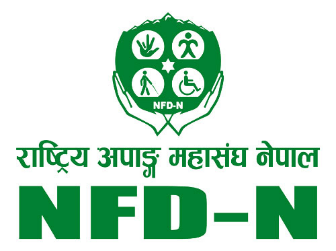Simla’s Fight for Safety and Stability
Simla was born with an intellectual disability. She lived with her mother in a fragile thatched-roof home, struggling to stay safe. Two years ago, when her mother left for daily wage work, Simla was raped by a neighbor. The incident shattered her family’s already vulnerable life.
Since then, her mother has been fighting for justice while also trying to protect her daughter. The legal process took time, but in March 2024, the Sunsari District Court ruled in Simla’s favor. However, safety remains a huge concern. Simla still does not have a permanent place where she can live securely.
“I have to work in other people’s homes just to afford daily meals. Our house is already fragile, and a fire broke out just before my daughter’s testimony. I asked for help because my daughter is not safe at home,” Simla’s mother shares.
Simla has been placed in a temporary rehabilitation home, but there is no long-term plan in place for her safety. Local government officials are discussing possible solutions—either making her home more secure with proper doors and fencing or placing her in a permanent rehabilitation center. But as of now, she remains in limbo, waiting for a stable future.
She needs a safe place to live. Simla’s mother hopes for a long-term solution so her daughter can be protected.
This is all part of a collaborative effort between NFDN Koshi Province, OREC Nepal, and CBM Global. They have provided legal assistance, financial support, and temporary shelter for Simla. However, long-term rehabilitation for girls with intellectual disabilities remains a major challenge in Nepal. Without systemic changes, many vulnerable girls like Simla will continue to face similar risks.
Ensuring safety for girls with disabilities goes beyond one case. Advocates are pushing for stronger policies and resources at the municipal and national levels so that every child, regardless of ability, has the right to a safe and secure future.

